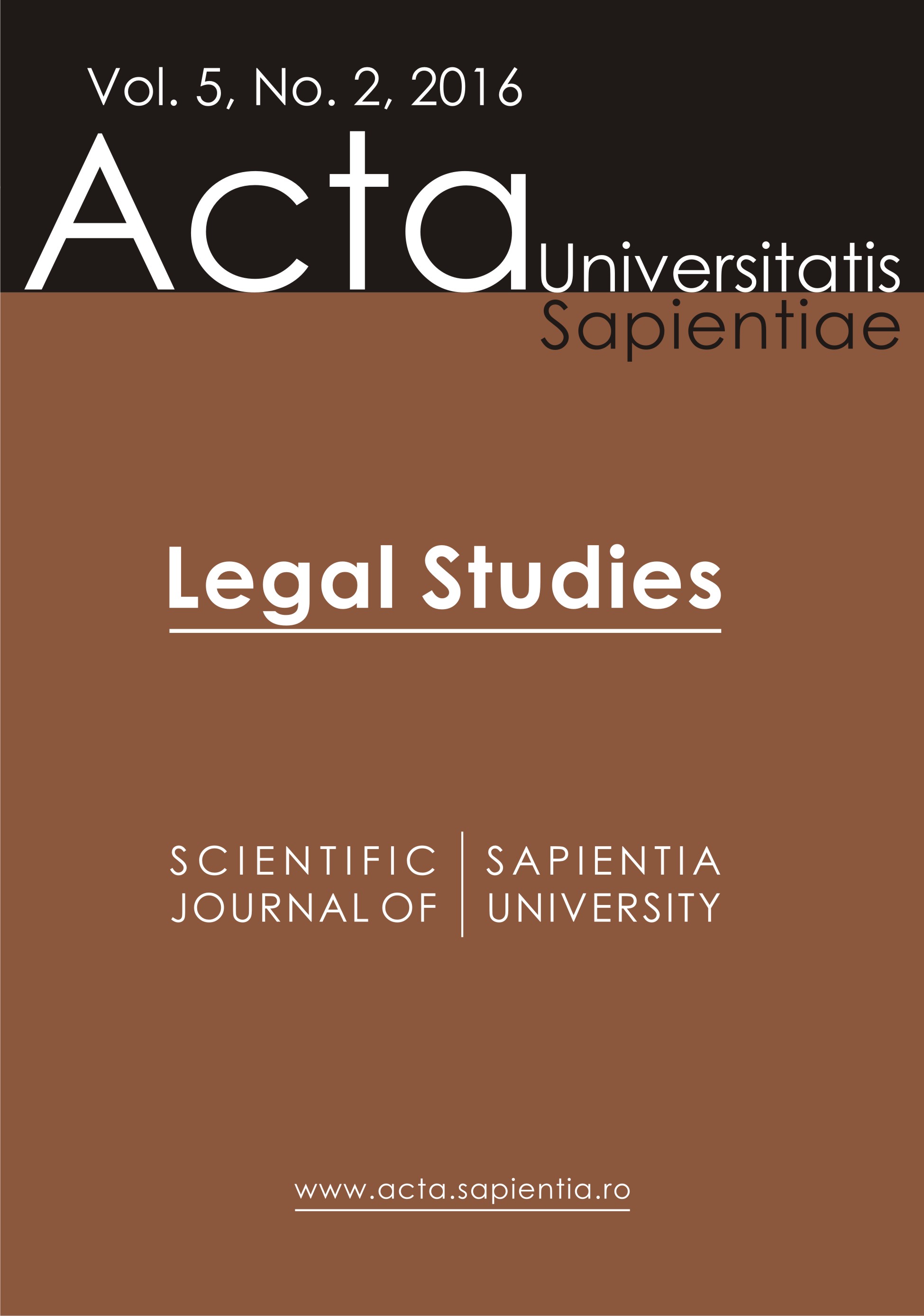Horváth Barna „szineváltozása”: A szerelem konzekvenciái
„Transsubstantiation” of Horváth Barna: upshots of a love
Author(s): Endre Nagy J.Subject(s): Law, Constitution, Jurisprudence, Philosophy of Law
Published by: Scientia Kiadó
Keywords: normal an deviated course of life; braking out of a born class; original choice; imaginary reference group; late remorse; compensation; „synoptic theory”
Summary/Abstract: The author continues his earlier investigations relying to the „conversions” the ones that seemed to point out deviated courses of life concerning some great intellectuals in the history of ideas in Hungary. The author, by analyzing theories of Marx, of Mannheim, of Lucien Goldmann, of Paul Ricoeur, and of Bourdieu in in a row, arrives at the position the one that neither the sociology of knowledge, nor the Sartre’s „original choice” can explain the deviated course of life, but by dint of Heidegger and Michael Polanyi he sets up the concept of „imaginary reference group” that particular individuals capable to make up, and by doing so he/she can break out. In the case of Barna Horváth the story resides in that that he was born in a „Christian middle-class”, and broke out of it, and got at a moderate socialist, pacifist position. As he later explained in his autobiography the main reason for it lay in his falling love in a Jewish girl whom he had recoiled to marry on advice of his parents. As a late remorse of his cowardice he sought to compensate his vice by becoming a progressive left-wing intellectual not spoiled by the dominant political establishment. This was his „transubstantiation” that explains his „synoptic theory” – according to the author.
Journal: Acta Universitatis Sapientiae, Legal Studies
- Issue Year: 5/2016
- Issue No: 2
- Page Range: 171-190
- Page Count: 20
- Language: Hungarian

